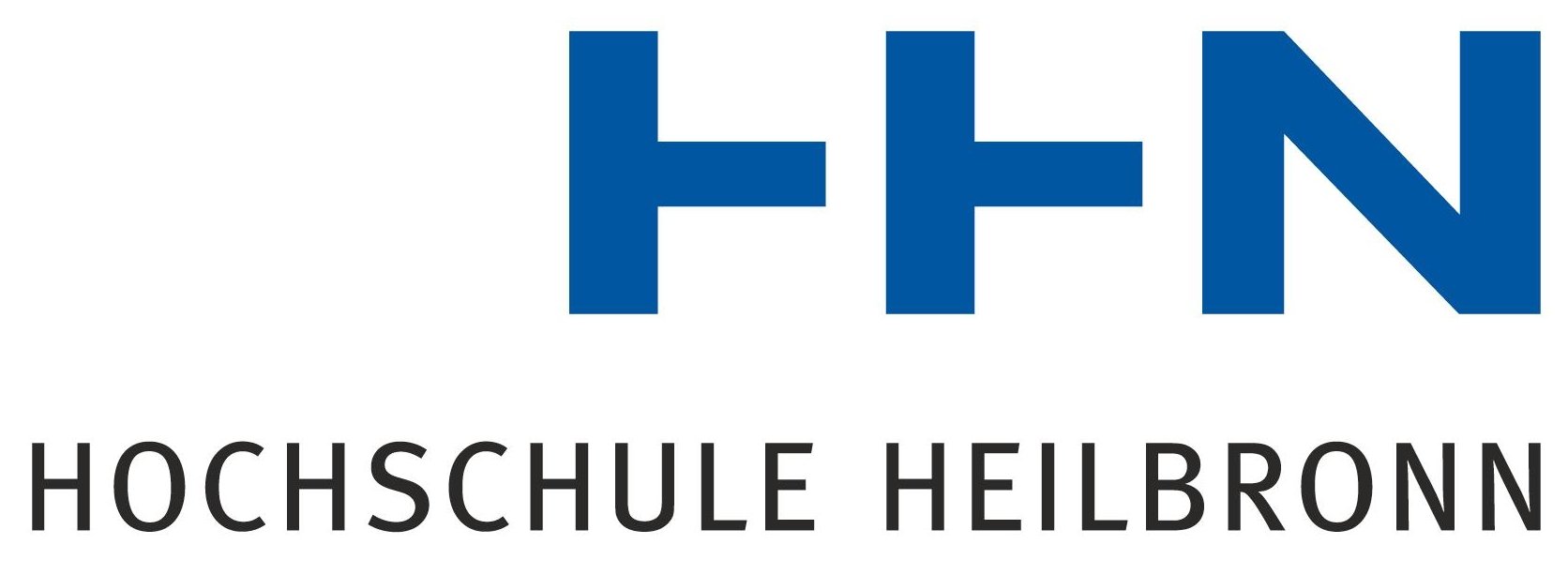T15 — FAIRification of study data in clinical and epidemiological research — NFDI4Health Tutorial.
Day, Time, Duration
Thursday afternoon, 2 pm‑6 pm, 4h
Language Offered
English
Short Description
Part 1 (14:00 – 15:15 hrs) Hands-on workshop on the German Central Health Study Hub
In the first part of the workshop, participants will learn how to share their studies (=metadata) and make them findable by publishing them on the NFDI4Health metadata portal, the German Central Health Study Hub. After a presentation of the metadata portal and its functionalities, we will jointly enter the metadata of an example study into the input mask of the portal. We will present the different sections of the input mask and explain all fields that must be filled in for a publication of the metadata according to the FAIR data principles. Finally, we look at an already published entry and show which additional fields can be filled in. In addition, we will present which further study documents, such as questionnaires or data dictionaries, can also be published via NFDI4Health.
Part 2 (15:20 – 16:35 hrs) Harmonisation of research data
In this part of the workshop, participants will learn how to make their research data interoperable. To do this, we will go together through a step-by-step guide (harmonisation protocol) and present tools that were developed in Maelstrom, an established Canadian harmonisation initiative, and adapted by NFDI4Health to meet the needs of the German scientific community. These tools enable the collection of metadata describing research data, as well as the preparation for the harmonisation itself. This information is then used to determine the potential for harmonisation and assign specific harmonisation rules. Using an example data set with 5 typical variables, we apply the appropriate harmonisation rules and create reports on the success of the harmonisation.
Part 3 (16:40 – 18:00 hrs) Hands-on workshop on federated data analyses using DataSHIELD
During the DataSHIELD session of this workshop, the participants will become acquainted with the federated data analysis platform DataSHIELD which will not only be used in NFDI4Health use cases but has already been successfully applied in previous international projects. Besides getting an introduction to DataSHIELD, learning about advantages and limitations, attendees of this workshop will also learn how NFDI4Health can support institutes in implementing the DataSHIELD infrastructure.
In the interactive session that follows, participants will have the opportunity to explore DataSHIELD and interact with harmonised example data that have been uploaded to Opal Servers of the workshop organisers.
Subject Requirements
The tutorial is aimed at researchers who collect and analyze study data and are interested in making these data FAIR, e.g. to improve the discoverability of their study data and/or to enable comparability and interoperability with other datasets. In addition, there will be an introduction to how data holders can participate in distributed data analytics projects, what infrastructure is needed to do so, and what tools and support NFDI4Health offers to do so. For this part, experience with R and RStudio would be helpful.
Likewise, the tutorial is aimed at employees working in the field of research data management who would like to expand their knowledge in the area of FAIR data, (e.g. publishing personal health data in compliance with data protection standards) data harmonization or distributed data analysis infrastructures.
Technical Requirements
Laptop with wifi access to access the NFDI4Health data portal; for the second part, it would be useful to have R and RStudio installed.
Organizer
Julia Fürst
Florian Schwarz
Institution
ZB MED Information Center Life Sciences, Bonn
Contact
fuerst [at] zbmed.de
Additional Speaker
Vera Clemens
Franziska Jannasch
Guillaume Fabre
Carolina Schwedhelm
Sofia Maria Siampani
Institution
Deutsches Institut für Ernährungsforschung
Max Delbrück Center

